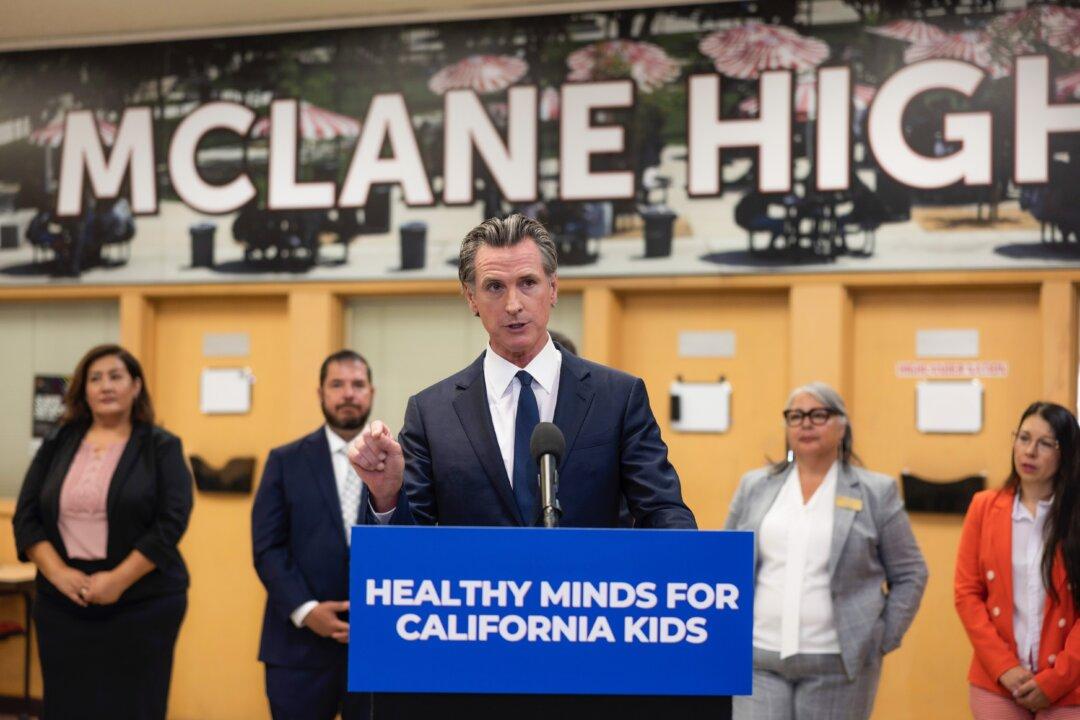The California Senate passed Senate Bill 70 on Monday, moving closer to making kindergarten mandatory for all students in the state.
SB 70, passed by the Senate with a 33–5 vote, will require that a child complete one year at kindergarten before being admitted to first grade at a public elementary school. If signed into law, the bill will come into effect in the 2024–25 school year.





